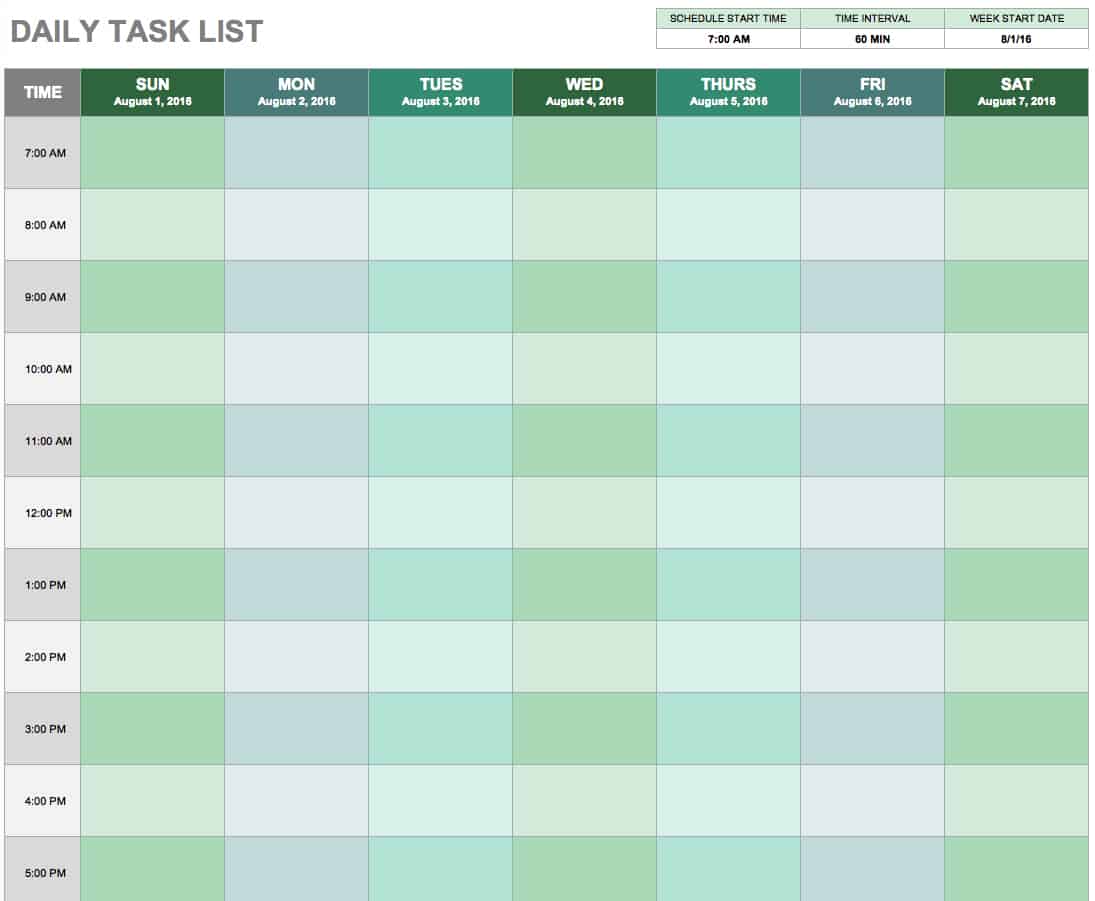


It's not that there aren't successful night owls: Marcel Proust, for one, rose sometime between 3pm and 6pm, immediately smoked opium powders to relieve his asthma, then rang for his coffee and croissant. Georgia O'Keeffe: one of a majority of very early morning risers. Here, then, are six lessons from history's most creative minds. (Or a Friedrich Schiller, who could only write in the presence of the smell of rotting apples.) Still, some patterns do emerge. For every Joyce Carol Oates, industriously plugging away from 8am to 1pm and again from 4pm to 7pm, or Anthony Trollope, timing himself typing 250 words per quarter-hour, there's a Sylvia Plath, unable to stick to a schedule. The one true lesson of the book, says its author, Mason Currey, is that "there's no one way to get things done". (Thanks to this, I'm far better than I used to be at separating work from faffing around, rather than spending half the day flailing around in a mixture of the two.) Another technique I couldn't manage without comes from the writer and consultant Tony Schwartz: use a timer to work in 90-minute "sprints", interspersed with signficant breaks. When I get straight down to something really important early in the morning, before checking email, before interruptions from others, it beneficially alters the feel of the whole day: once interruptions do arise, they're never quite so problematic. One is how ill-suited the nine-to-five routine is to most desk-based jobs involving mental focus it turns out I get far more done when I start earlier, end a little later, and don't even pretend to do brain work for several hours in the middle. But I'm still rising early and, when time allows, taking long walks. Several weeks later, I'm no longer taking "air baths", while the lunchtime martini didn't last more than a day (I mean, come on).

But it's also because of a covert thought that sounds delusionally arrogant if expressed out loud: just maybe, if I took very hot baths like Flaubert, or amphetamines like Auden, I might inch closer to their genius. Partly, that's because it's comforting to learn that even Franz Kafka struggled with the demands of his day job, or that Franklin was chronically disorganised. But for anyone who thinks of their work as creative, or who pursues creative projects in their spare time, reading about the habits of the successful, can be addictive. For example: did you know that lunchtime martinis aren't conducive to productivity?Īs a writer working from home, of course, I have an unusual degree of control over my schedule – not everyone could run such an experiment.

I couldn't try every trick I discovered in a new book, Daily Rituals: How Great Minds Make Time, Find Inspiration And Get To Work oddly, my girlfriend was unwilling to play the role of Freud's wife, who put toothpaste on his toothbrush each day to save him time. And the midday cocktail was a favourite of VS Pritchett (among many others). Benjamin Franklin swore by "air baths", which was his term for sitting around naked in the morning, whatever the weather. This was all in an effort to adopt the rituals of some great artists and thinkers: the rising-at-dawn bit came from Ernest Hemingway, who was up at around 5.30am, even if he'd been drinking the night before the strong coffee was borrowed from Beethoven, who personally counted out the 60 beans his morning cup required. I took a long afternoon walk, and for the rest of the week experimented with never working for more than three hours at a stretch. O ne morning this summer, I got up at first light – I'd left the blinds open the night before – then drank a strong cup of coffee, sat near-naked by an open window for an hour, worked all morning, then had a martini with lunch.


 0 kommentar(er)
0 kommentar(er)
